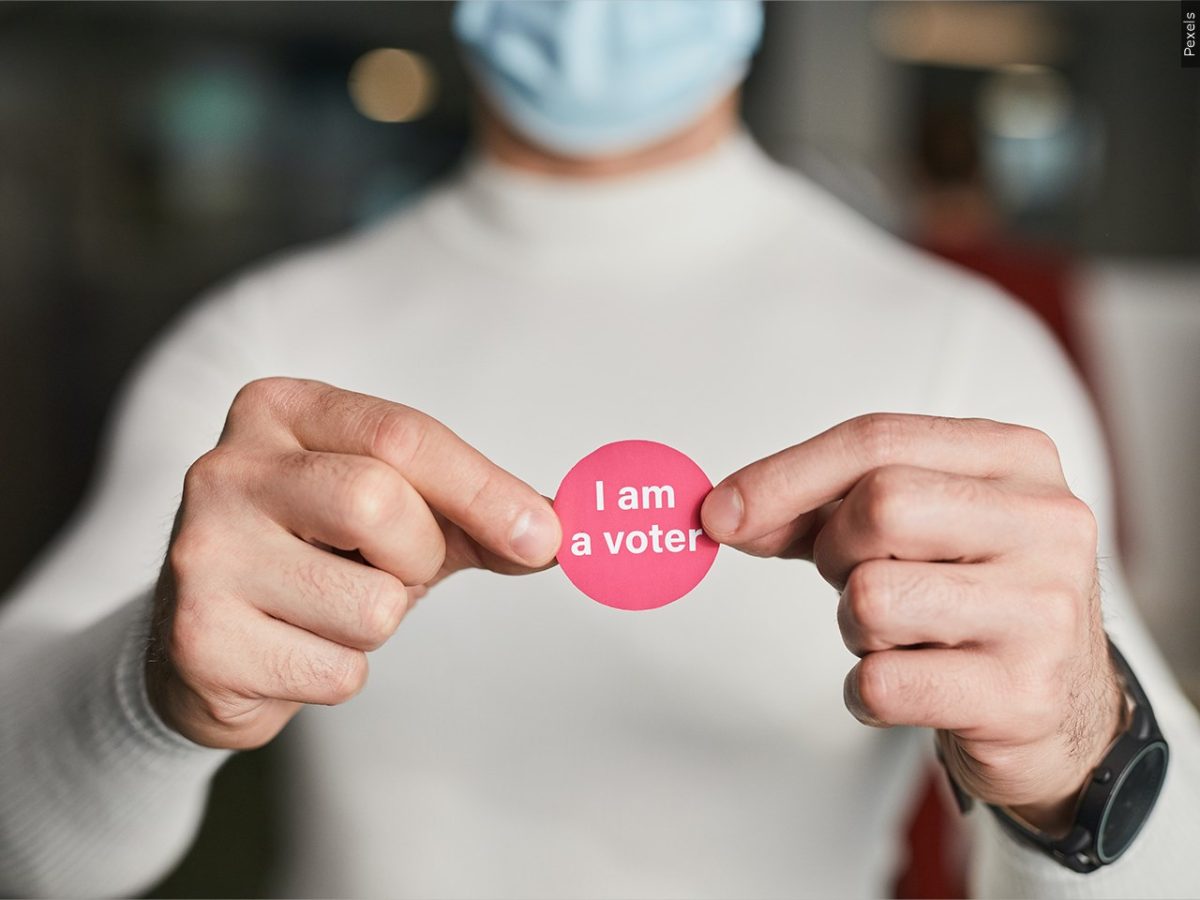A 516-page order was recently released by United States district court judge Steve Jones that mandates Georgia’s legislative districts to be redrawn by Dec. 8.
This redistricting comes as a result of civil rights activists claiming that the current districts execute a concept known as racial gerrymandering, a process wherein governments draw district lines to suppress the vote of racial and ethnic groups.
Historically, racial gerrymandering has been at the forefront of systematic oppression for African Americans across the U.S. Despite racial gerrymandering becoming illegal through the Voting Rights Act of 1965, some states have found distinctive ways to continue this process through indirect means.
“Although not all Black voters vote the same, in areas where Republicans have gerrymandered districts to keep their advantage,” said Amy Sumpter, a geography professor at GC. “They typically divide parts of town with majority Black populations across white districts so that the white votes are in the majority. This effectively ‘waters down’ Black voters, who lean heavily Democrat.”
Resultantly, it is often universally recognized that this process erodes democracy across African American communities. However, even if inclusively minded redistricting is popular among the public, complications arise in effectuating change.
This is because gerrymandering for political gain — also known as “partisan gerrymandering” — is completely legal in the U.S. The arguments opposing redistricting use this very term to justify current district lines.
“Georgia’s electoral system is equally open to participation by all voters,” said Bryan Tyson, the lead counsel representing Georgia. “You can’t presume race when politics is an equally plausible explanation.”
In Georgia, race and political affiliation often naturally coincide, making it difficult to distinguish what is racial and what is partisan gerrymandering. Nevertheless, proponents for redistricting are quick to argue that unequal opportunities for minority voters are currently well-existent.
“The Court reiterates that Georgia has made great strides since 1965 towards equality in voting,” Jones said. “However, the evidence before this Court shows that Georgia has not reached the point where the political process has equal openness and equal opportunity for everyone.”
Even as that may be, many are left questioning the impacts of redistricting on Milledgeville specifically. Prior to the redistricting decision, some of the civil rights activists pointed to Milledgeville’s district lines as a prime example of racial gerrymandering.
“For House District 145, they took Sandersville over here and they broke off Baldwin County — added it to that Sandersville district,” said Quentin Howell, one of the plaintiffs in the case. “So, you cracked the minority district here along the river which dilutes the African American vote.”
Conversely, Howell also considers the recent order to be a “win” for the entirety of Milledgeville, claiming that this victory was achieved through cooperation, not divisiveness.
“This is a history-making moment that us as Americans can look and say the right thing was done,” Howell said. “It wasn’t done trying to make political [groups] hate one way or another, it was done to just have accountability throughout our community.”
Some GC students think similarly: that by reinforcing collectivist values, voting becomes fairer and more influential.
“The fact that this judicial order was enacted at all is a very good thing,” said Will Turner, a sophomore accounting major. “Although I was just as likely to vote, maybe my vote will matter more.”


